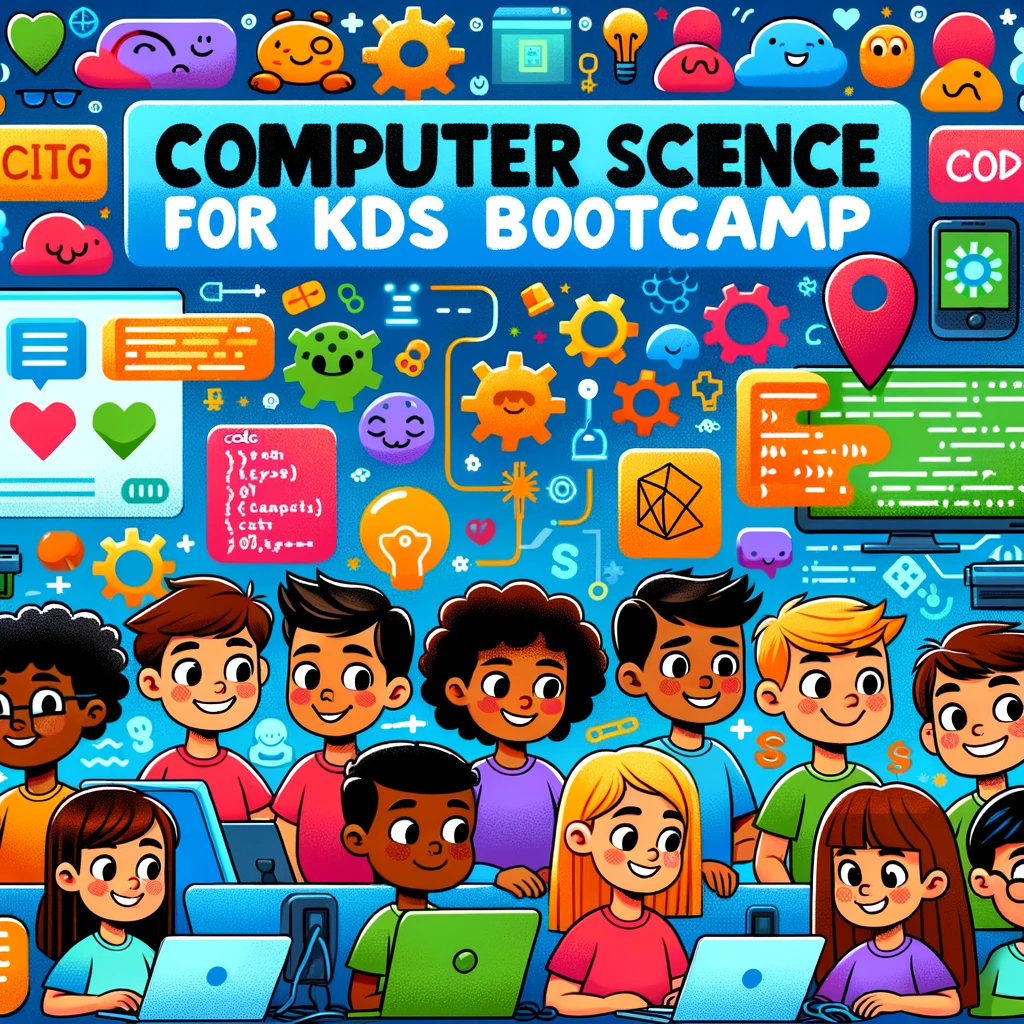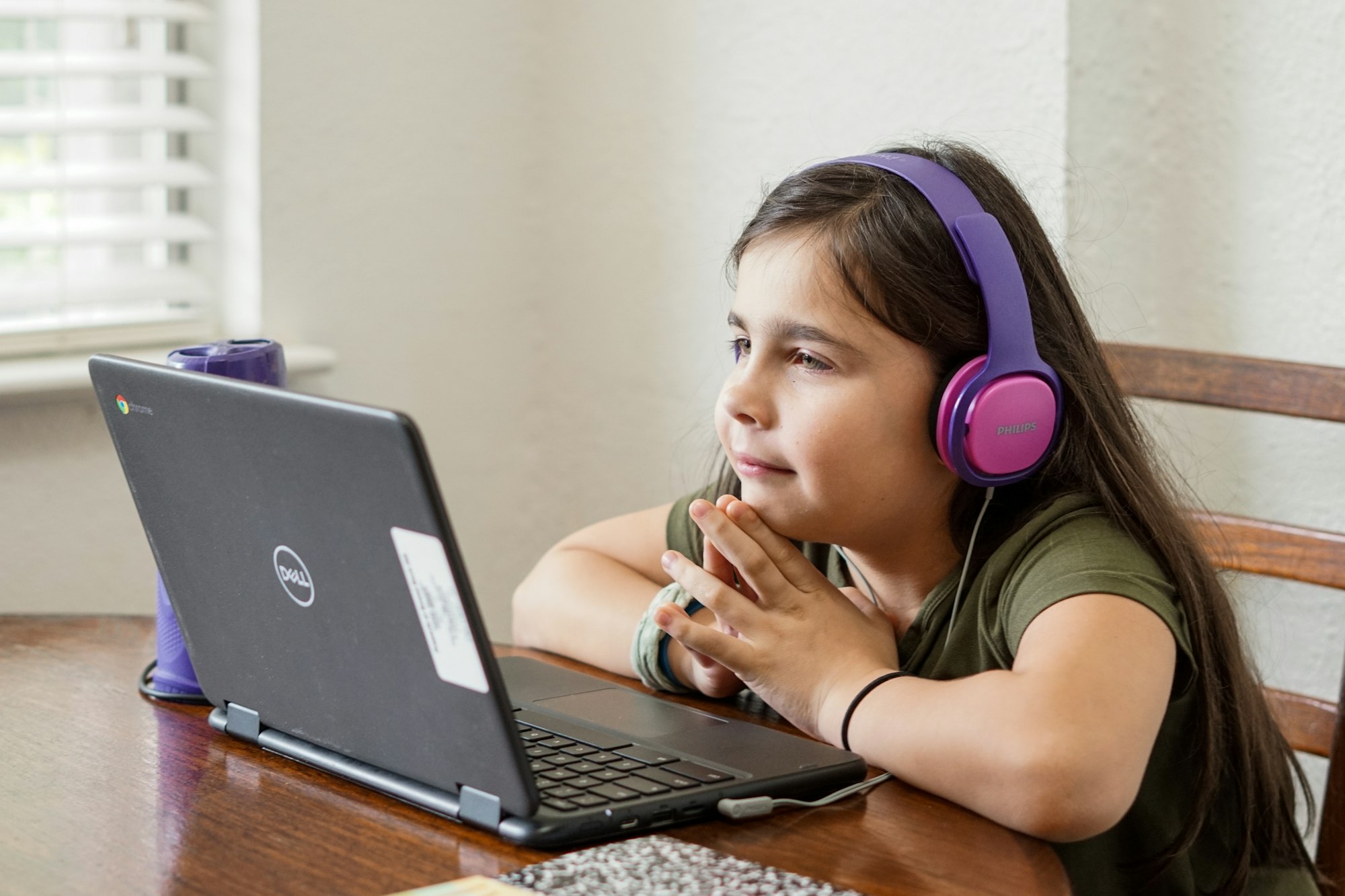Essential Soft Skills For Kids 2025 - Enroll Now

In today’s fast-paced world, soft skills are as crucial as technical skills for personal and academic success. At KidsClubZone, we focus on nurturing these essential skills to help children grow into well-rounded individuals. Here's a comprehensive guide to the key soft skills we teach, along with their explanations.
1. Communication Skills
Verbal Communication: This involves expressing thoughts and ideas clearly and effectively. Strong verbal communication helps children articulate their needs, share their ideas, and participate actively in discussions.
Non-Verbal Communication: Understanding and using body language, facial expressions, and gestures are vital. Non-verbal cues often convey more than words and can enhance interpersonal interactions.
Active Listening: Paying attention to what others are saying and responding appropriately ensures effective communication. Active listening helps in understanding others' viewpoints and fosters better relationships.
2. Critical Thinking
Problem-Solving: This skill involves identifying, analyzing, and solving problems. Encouraging kids to tackle challenges logically and creatively prepares them for complex situations.
Decision-Making: Making thoughtful and informed decisions involves evaluating options and considering potential outcomes. This skill helps children make better choices and understand the consequences of their actions.
Logical Reasoning: Thinking through situations in a logical manner involves drawing conclusions based on available information. Logical reasoning aids in understanding cause and effect and making rational decisions.
3. Creativity
Imagination: Cultivating creative thinking and ideas encourages children to explore new possibilities and express themselves uniquely.
Innovation: Encouraging kids to think outside the box and come up with new solutions helps in developing problem-solving skills and fostering a creative mindset.
4. Adaptability and Flexibility
Embracing Change: Being open and adaptable in various situations helps children navigate through uncertainties and adjust to new environments.
Resilience: Bouncing back from setbacks and learning from experiences is crucial for personal growth and maintaining a positive attitude.
Empathy: Understanding others' perspectives fosters compassion and strengthens relationships. Empathetic children are better equipped to handle social interactions and conflicts.
Compassion: Showing kindness and concern for others promotes a caring and supportive environment, both in personal and social settings.
5. Leadership
Taking Initiative: Being proactive in various situations involves stepping up and taking responsibility. Initiative helps in driving projects forward and leading by example.
Teamwork: Collaborating effectively with others is essential for achieving common goals. Teamwork teaches children how to work harmoniously with peers and contribute to group success.
6. Time Management
Prioritization: Learning to manage tasks based on importance helps in focusing on what matters most and achieving goals efficiently.
Organization: Keeping track of responsibilities and deadlines ensures that tasks are completed on time and helps in managing workload effectively.
7. Emotional Intelligence
Self-Awareness: Understanding and managing one's own emotions helps in maintaining emotional balance and making better decisions.
Social Awareness: Recognizing and understanding the emotions of others enhances interpersonal relationships and fosters empathy.
8. Additional Essential Skills
Networking: Building positive relationships with peers and mentors opens opportunities for collaboration and personal growth.
Digital Literacy: Understanding and using technology responsibly prepares kids for the digital age and promotes safe online behavior.
Financial Literacy: A basic understanding of money, budgeting, and saving equips children with essential skills for managing their finances in the future.
Public Speaking: Confidence in speaking in front of an audience helps in articulating ideas clearly and effectively.
Conflict Resolution: Skills to resolve conflicts peacefully and find common ground are crucial for maintaining harmonious relationships.
Mindfulness: Techniques for managing stress and staying focused promote well-being and improve concentration.
Cultural Competence: Appreciating and respecting diverse cultures and perspectives fosters inclusivity and global awareness.
Responsibility: Taking ownership of one's actions and commitments builds trust and reliability.
Curiosity: Cultivating a natural interest in learning and exploring new ideas encourages continuous growth and discovery.
Humility: Recognizing and appreciating one's strengths and weaknesses promotes personal growth and a balanced perspective.
Assertiveness: Expressing opinions and needs confidently and respectfully helps with effective communication and self-advocacy.
Conflict Management: Resolving disagreements and finding compromises helps in maintaining positive relationships and achieving collaborative solutions.
Global Awareness: Understanding and appreciating global issues and perspectives fosters a broader worldview and empathy for others.
Environmental Awareness: Developing a sense of responsibility toward the environment encourages sustainable practices and respect for nature.
Media Literacy: A critical understanding of media messages and information helps in discerning credible sources and making informed decisions.
Self-discipline: cultivating the ability to regulate one's behavior and stay focused enhances personal and academic success.
Goal Setting: Establishing clear objectives and working towards achieving them fosters motivation and a sense of accomplishment.
Persuasion Skills: Articulating ideas persuasively and respectfully aids in influencing others and achieving desired outcomes.
Tolerance: Accepting and respecting differences in others promotes a positive and inclusive environment.
Initiative: Taking proactive steps and showing resourcefulness helps in driving projects and achieving personal goals.
Punctuality: Developing a sense of responsibility for being on time fosters reliability and respect for others' time.
Gratitude: Expressing appreciation for others and recognizing positive aspects of life enhances relationships and personal well-being.
Digital Etiquette: Understanding and practicing polite behavior in online environments ensures respectful interactions and professional conduct.
Negotiation Skills: Finding mutually beneficial solutions in different situations promotes effective collaboration and problem-solving.
Learning Agility: Quickly adapting to new information and learning experiences prepares children for a dynamic and evolving world.
Motivation: Developing the drive to achieve personal and academic goals fosters persistence and success.
Courage: Facing challenges and taking risks with resilience helps overcome obstacles and embrace opportunities.
Self-Reflection: Evaluating one's own actions and experiences for personal growth enhances self-awareness and continuous improvement.
Respect for Authority: Understanding and respecting authority figures in various contexts promotes a sense of order and discipline.
By focusing on these soft skills, KidsClubZone helps children build a strong foundation for their future personal and professional success. Developing these skills will not only enhance their academic performance but also prepare them to thrive in various aspects of life.




